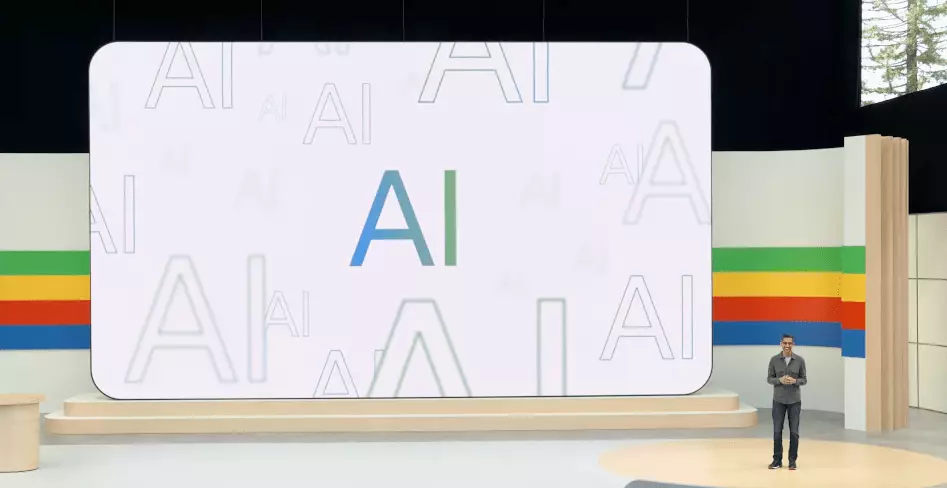In recent months, Google’s integration of AI-generated Overviews into its Search platform has marked a significant leap forward in information delivery. While this innovation promises speed and convenience for users, it inadvertently exposes a troubling disparity: the erosion of traffic and revenue for news publishers. As these summaries increasingly dominate the top of search pages, the traditional visibility that publishers relied upon diminishes dramatically. This shift raises a fundamental question—are we prioritizing technological progress at the expense of media integrity and economic sustainability?
Unbalanced Power Dynamics and Lack of Opt-Out Options
What stands out painfully in this scenario is the asymmetry of power between giant tech companies and individual content creators. The complaint lodged by the Independent Publishers Alliance highlights a core issue: publishers are mandated to share their web content freely with Google for AI summaries or face the bleak alternative of total invisibility in search results. This “take-it-or-leave-it” stance leaves publishers feeling exploited. They are caught in a situation where their only options are to accept their content being repurposed without proper compensation or to risk losing crucial traffic. Such a model undermines principles of fair use and raises concerns about whether current policies adequately safeguard the rights of content creators.
The Economic Impact and Ethical Dilemmas
From a fiscal perspective, the consequences are stark. News outlets thrive on digital traffic that translates directly into ad revenue and audience engagement. When AI summaries siphon off this traffic, those outlets, especially smaller and independent ones, face severe financial strain. The decline in readership can jeopardize their ability to produce quality journalism, which is essential for a well-informed society. Ethically, the issue touches on the morality of monetizing publicly accessible content without equitable compensation. It challenges the fairness of a system where major tech firms benefit disproportionately from the labor and creativity of thousands of news workers.
Imagining a More Equitable Future
The current trajectory fosters a sense of imbalance—technological advancement should elevate society, not marginalize vital voices. A truly sustainable future in digital information must involve transparency, fair licensing practices, and clear opt-out options for publishers who wish to protect their content. Regulators should step in, ensuring that the benefits of AI integration do not come at the expense of those who uphold the foundation of our information ecosystem. It’s time to reevaluate who holds the power, and whether the current model truly serves the collective good or simply boosts corporate profits.
The evolution of search technology is inevitable, but its ethical application is not. We’ve entered a critical phase where the boundaries of innovation need recalibration to prioritize fairness, fairness that ensures content creators are respected, protected, and fairly compensated for their contributions in an increasingly automated world.

